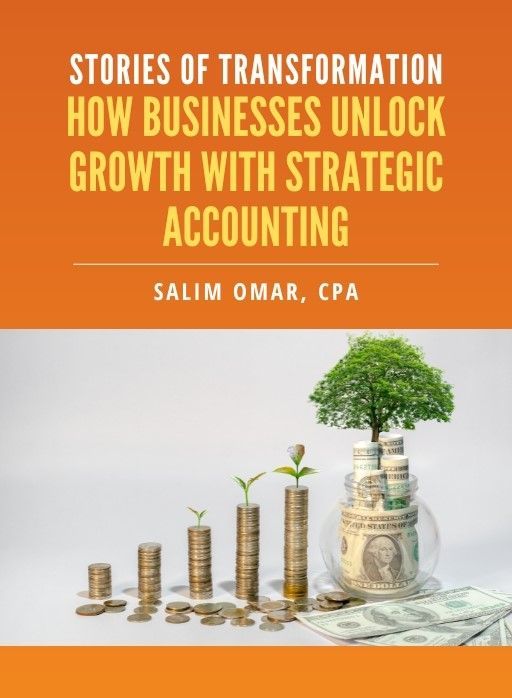Advanced Tax Planning for Freelancers and Gig Workers: Unlock Hidden Savings

Navigating taxes as a freelancer or gig worker doesn’t have to be overwhelming. By leveraging advanced tax strategies, you can uncover savings opportunities that go beyond the basics. This guide introduces proactive approaches such as entity structure optimization, retirement planning, and strategic expense management to help freelancers minimize tax burdens and maximize earnings.
Understanding Your Tax Obligations
Freelancers are classified as self-employed by the IRS, requiring them to manage their tax responsibilities independently. Key considerations include:
- Self-Employment Tax: Covering Social Security and Medicare, this tax is 15.3%. However, advanced planning can help minimize its impact.
- Income Tax: Beyond federal and state taxes, freelancers should explore strategies to reduce taxable income.
Advanced Strategies for Estimated Tax Payments
Why Estimated Payments Matter
If you expect to owe $1,000 or more, the IRS mandates quarterly payments. However, you can reduce your tax liability through careful planning.
How to Minimize Payments
- Entity Optimization: Consider whether operating as an S-Corp or LLC could lower self-employment tax obligations. For example, paying yourself a reasonable salary as an S-Corp owner may save on taxes.
- Tax Deferral: Strategically defer income to a year with potentially lower tax rates.
Optimizing Expense Tracking for Maximum Deductions
Accurate expense tracking is vital, but it’s the strategic categorization of expenses that unlocks significant tax savings.
Beyond Basics
- Section 179 and Bonus Depreciation: Deduct the full cost of qualifying business assets like equipment in the year of purchase.
- Augusta Rule: Rent your home to your business for up to 14 days tax-free, a little-known but highly effective strategy.
Leveraging Retirement Contributions
Secure your financial future and reduce taxable income by maximizing retirement plan contributions.
- Solo 401(k) or SEP IRA: Contribute up to $66,000 annually with these plans, significantly reducing taxable income.
- Backdoor Roth IRA: A savvy approach to contribute to a Roth IRA, even if you exceed income limits.
Exploring Unique Tax Strategies
Freelancers often overlook advanced strategies that could enhance their tax efficiency:
- R&D Tax Credit: Claim credits if you invest in process or product innovations.
- State and Local Tax Deduction Workaround (SALT): Leverage PTET elections in high-tax states to sidestep the $10,000 cap.
- Income Splitting: Employ family members to reduce taxable income by shifting it to lower tax brackets.
The Value of Proactive Tax Planning
With tax laws constantly evolving, staying ahead requires more than basic planning. Engage a tax advisor who specializes in freelance taxes to:
- Optimize your business structure.
- Implement untapped strategies.
- Conduct year-end reviews to secure additional savings.
Conclusion
Freelancers and gig workers have access to powerful tax-saving tools—if they know where to look. By embracing advanced strategies like entity structure optimization, retirement planning, and leveraging lesser-known deductions, you can significantly lower your tax liability.
At Straight Talk CPAs, we specialize in helping freelancers navigate the complexities of tax planning. Let us show you how to maximize your savings and keep more of what you earn!
Free eBook:
Stories of Transformation


Salim is a straight-talking CPA with 30+ years of entrepreneurial and accounting experience. His professional background includes experience as a former Chief Financial Officer and, for the last twenty-five years, as a serial 7-Figure entrepreneur.




